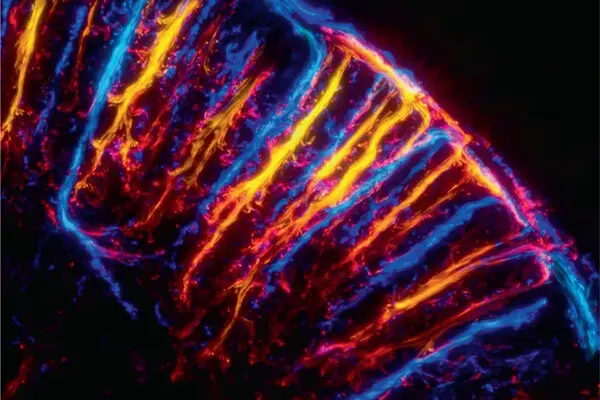Have you ever wondered why you get brain freeze and if it can harm your brain? Let’s dive into the science behind this chilly phenomenon. Known scientifically as sphenopalatine ganglioneuralgia, brain freeze occurs when cold substances cause a rapid change in blood flow to the brain’s vessels. Dr. Amaal Starling from the Mayo Clinic explains that when cold hits the blood vessels at the back of your throat, they first constrict and then quickly dilate. This rapid change in size activates pain receptors, leading to the sharp headache we know as brain freeze.
Dr. Wojtek Mydlarz from Johns Hopkins adds that brain freeze is a type of “referred pain,” where changes in one part of the body cause pain elsewhere. In this case, the sudden dilation of blood vessels triggers pain signals along the trigeminal nerve, reaching the midface and forehead. Interestingly, the pain originates in the tiny muscles around the blood vessels in your palate, even though you feel it in your head.
Despite the intense pain, brain freeze is not harmful. It typically lasts less than five minutes, with some people experiencing it for only a few seconds. Dr. Mydlarz suggests that brain freeze may be a survival reflex, as the constricted blood vessels help maintain the body’s core temperature. Research also indicates that people who suffer from migraines are more likely to experience brain freeze. This heightened susceptibility is likely due to factors such as reactive blood vessels, a sensitive trigeminal nerve, and a lower pain threshold.
Interestingly, some people never experience brain freeze. This could be due to anatomical differences in their palate, variations in pain sensitivity, or differences in how quickly they consume cold foods and drinks.
Despite the intense discomfort, brain freeze does not cause brain damage. It’s a temporary response to cold stimuli and has no long-term effects on the brain. To relieve brain freeze, press your tongue against the roof of your mouth or sip something warm. Prevention is key, so try using a smaller straw and drinking cold beverages slowly.

